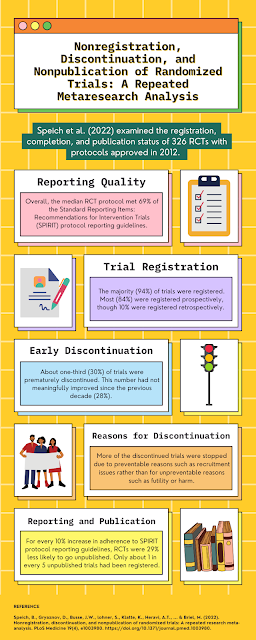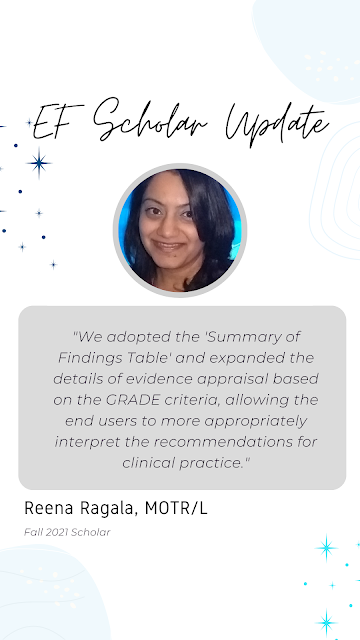A scoping review, by any other name, would be as broad...
Multiple definitions of "scoping review" have been used in the literature and, according to a new paper by Munn and colleagues, the use of these reviews is increasingly common. Therefore, the Joanna Briggs Institute recently released a definition of the term as well as guidance on its proper application in evidence synthesis.
The paper, published in April, formally defines a scoping review as "a type of evidence synthesis that aims to systematically identify and map the breadth of evidence available on a particular topic, field, concept, or issue, often irrespective of source (ie, primary research, reviews, non-empirical evidence) within or across particular contexts." Further, the paper details, scoping reviews "can clarify key concepts/definitions in the literature and identify key characteristics or factors related to a concept, including those related to methodological research."
Because the main purpose of a scoping review is the explore and describe the breadth of evidence on a topic, pre-specified questions are usually broader in scope, and the evidence base often includes multiple types of evidence based on what is available. Beyond simply mapping the existing literature, however, scoping reviews may also be used to identify or clarify key concepts used in the field or to examine how research is typically conducted in the area.
Munn, Z, Pollock, D., Khalil, H., et al. (2022). What are scoping reviews? Providing a formal definition of scoping reviews as a type of evidence synthesis. JBI Evid Synth 20(4): 950-952. Manuscript available at publisher's website here.




